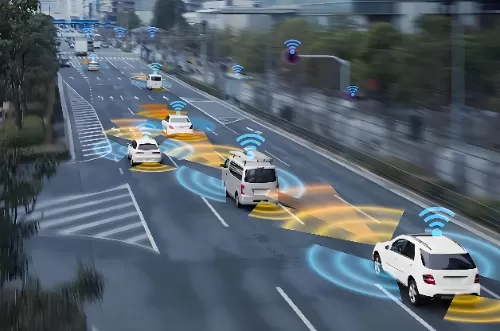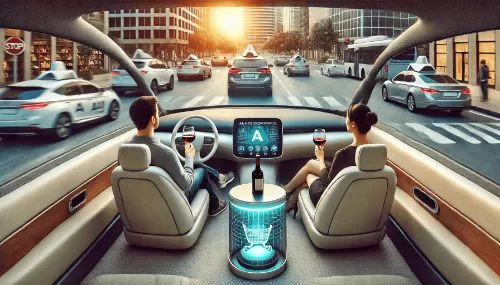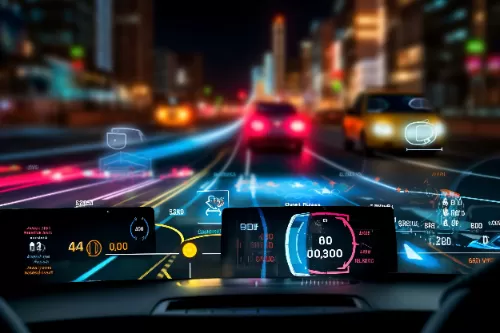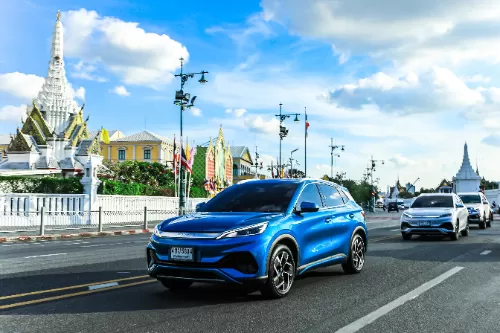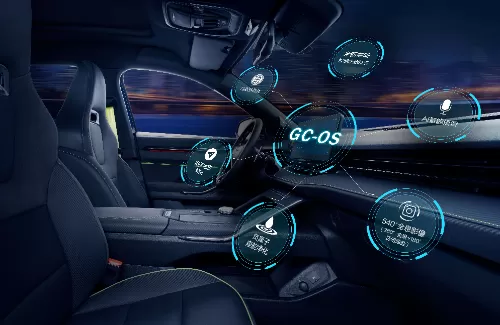The Hidden Costs of Hydrogen Fuel: What Drivers Need to Know Before Switching
Hydrogen Fuel Cell vehicles (HFCVs) are often marketed as the eco-friendly future of driving, combining zero emissions with gasoline-like convenience. But for everyday drivers, the true cost of adopting this technology goes beyond the sticker price. Before making the switch, understanding these hidden expenses—and how Hydrogen Fuel Cell systems uniquely contribute to them—is crucial.
Related searches
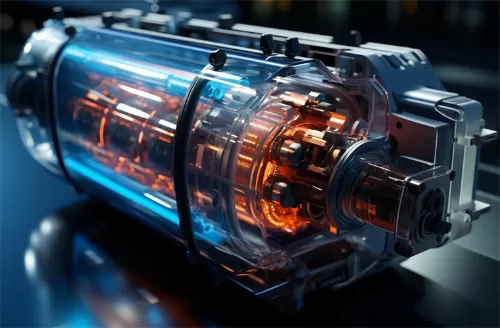
The Myth of 'Green' Hydrogen Fuel Cells
Hydrogen fuel cells only emit water vapor, but producing the hydrogen itself is far from clean. Over 95% of today’s hydrogen comes from fossil fuels, a process that generates more carbon emissions than burning gasoline directly. Even “green hydrogen,” made using renewable energy, requires enormous solar farms or wind turbines. Building this infrastructure often disrupts ecosystems, turning your clean drive into an indirect environmental trade-off.
And hydrogen fuel cells have a dirty secret: they rely on rare metals like platinum. Mining these materials creates pollution and ethical dilemmas—something your dealership won't mention during the test drive.
The Hydrogen Fuel Cell Station Crisis
Imagine owning a smartphone that only charges at two stores in your state. That’s the reality for hydrogen fuel cell drivers today. Stations are scarce, clustered in a few urban hubs, and cost millions to build. If you live outside California or Japan, finding fuel becomes a scavenger hunt. Hydrogen fuel cell vehicles can't refuel at home like EVs, either. You're chained to a sparse network of stations that often break down. When a pump fails, you’re stranded—no jerry cans, no workarounds. Hydrogen's volatility means tow trucks can't rescue you safely. Your “zero-emission” car might leave you cursing on the side of the road.
Hydrogen Fuel Cells vs. Your Wallet
Hydrogen fuel cell cars aren't just pricey to buy—they’re expensive to maintain. The technology demands specialized technicians trained to handle high-pressure fuel systems. A simple repair can cost 3x what you’d pay for a gas car. Even routine maintenance, like replacing air filters in the fuel cell stack, burns a hole in your budget.
Then there’s longevity. Hydrogen fuel cells degrade over time, losing efficiency like a fading battery. Replacement costs? Think “new engine” prices, but with fewer mechanics willing to touch it.
Energy Waste: Hydrogen's Invisible Tax
Here's the kicker: hydrogen fuel cells waste energy at every step. Producing, compressing, and transporting hydrogen eats up 70% of the original energy used. For every dollar you spend at the pump, most vanishes into thin air. Compare that to electric cars, which deliver energy directly from power plants to wheels with minimal loss.
Hydrogen fuel cells might work for rockets, but for your commute? You’re paying a premium for inefficiency.
The Betamax Problem
Remember when Betamax tapes lost to VHS? Hydrogen fuel cells risk a similar fate. Automakers are pouring billions into EVs, not hydrogen. Why? EVs are simpler, cheaper, and align with renewable energy trends. Even trucking companies—once seen as hydrogen’s last hope—are choosing electric rigs.
Investing in a hydrogen fuel cell car today is like buying a 4K Blu-ray player in the streaming era. Cool tech, but doomed to collect dust as the world moves on.
The Silent Deadline
Hydrogen fuel cells face a ticking clock. Governments are rolling out EV charging networks and self-driving tech designed for electric fleets. Hydrogen infrastructure? Stagnant. In a decade, your HFCV might be a relic—unable to integrate with autonomous traffic systems or smart grids.
Worse, resale values could plummet as buyers fear outdated tech. Your “green” investment might end up as scrap metal.
The Bottom Line
Hydrogen fuel cells aren’t evil—they’re just trapped in a cycle of “almost.” Almost clean. Almost convenient. Almost ready for primetime. Until production goes truly green, stations multiply, and costs drop, drivers risk paying a fortune to beta-test an unproven technology.
Before switching, ask yourself: Am I fueling the future, or funding a science experiment? The answer might save your savings—and your sanity. Stick with gas or go electric, but let hydrogen fuel cells prove themselves before you gamble your garage on them.
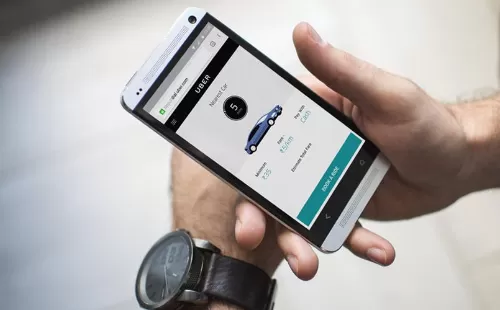
Why Renting a Pickup Truck Could Save Your Thanksgiving

The Hidden Danger in Your Car: Why Cyberattacks Could Sabotage Automotive Safety
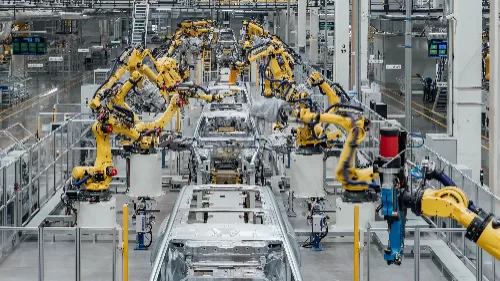
The Future of Car Factories: Smaller, Faster, and Closer to You

Tax Breaks and Penalties: The Economic Impact of Automotive Policies on Your Wallet

No More Pushy Salesmen: How Live Commerce Makes Car Buying Transparent
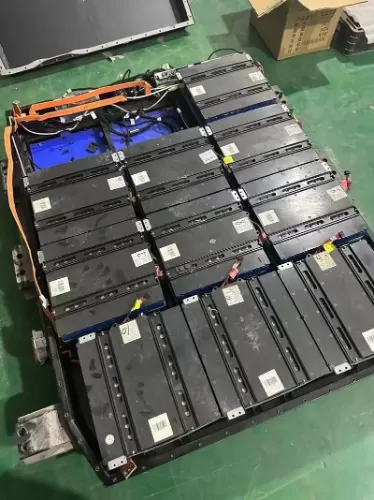
How Battery Recycling Can Save You Money and the Planet

